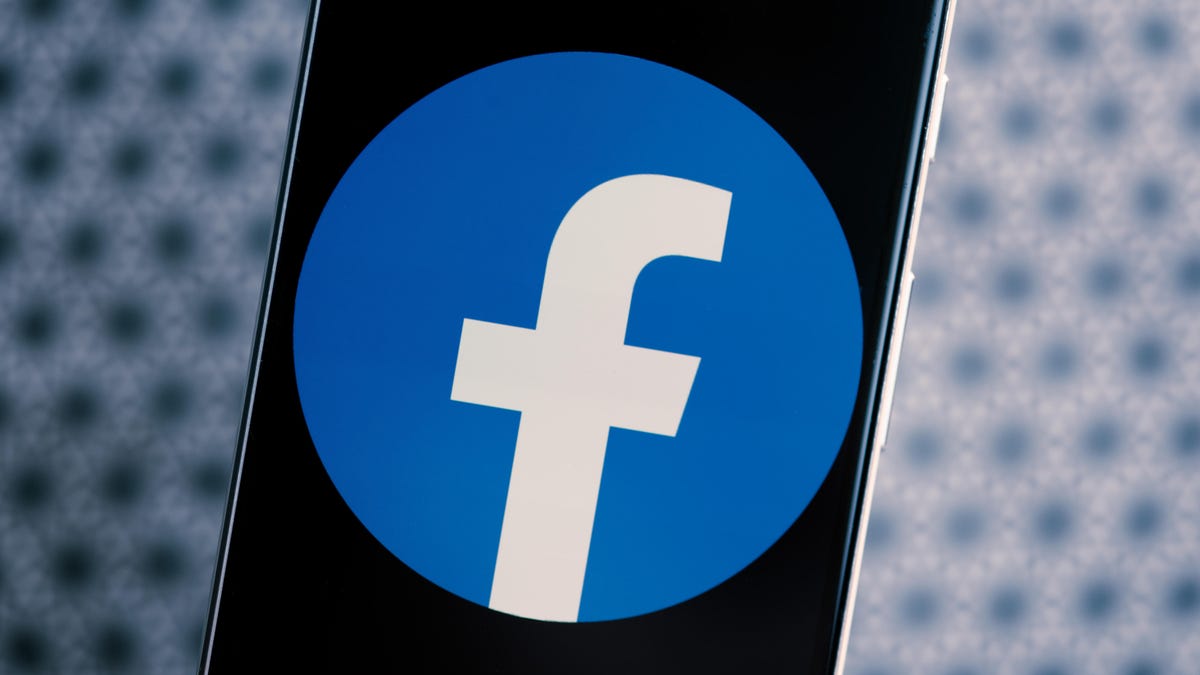Facebook expands local emergency alerts in the US
Users have received government alerts about active shooters, floods and bomb threats.

Facebook is expanding a tool used by governments and first responders in the US.
Facebook said Tuesday it's expanding a tool that some US governments and first responders use to alert local residents about emergencies such as active shooters, missing people and winter storms.
The social media giant said a feature called "local alerts," will become available to all US governments and first responders who run a Facebook Page by the end of the year. The company started testing the tool in 2018 and more than 350 governments have tried it out. Now the feature will be rolled out to tens of thousands of governments and first-responders in the US.
Facebook's "local alerts" is expanding in the US.
Facebook users will get a notification about a new post and it will bear a label that states it's a local alert. That information will also appear in a local news section on Facebook called "Today In."
"The local alert allows our partners to identify certain types of information as urgent," Anthea Watson Strong, Facebook's product Manager for Today In, said in an interview. "We increase the reach of that through notifications."
Governments, first responders and users often turn to social media sites like Facebook to get a information out quickly during emergencies. The social network also has a feature called "safety check" that allows users let others know that they're safe during a crisis or emergency. At the same time, social networks also have to grapple with misinformation that flows through their sites during emergencies and natural disasters.
Jimmy O'Keefe, a product marketing manager for Facebook, said the social network currently doesn't have any plans to expand local alerts globally at the moment.
"We've been testing, iterating and learning and we just want to make sure that we prevent any unwanted scenarios," he said.
Those who send out local alerts can also update their posts with the most recent information.
So far, governments and first responders have used the tool for a variety of emergencies. In Tennessee, the Mt. Juliet Police Department sent an alert asking the public for help finding a missing person. In California, the County of Riverside Emergency Management Department used the tool to evacuate residents during a flood.
Users who have been getting the local alerts are finding this information helpful, Facebook said. The company surveyed about 2,000 people who saw posts marked as local alerts, and 80% said the posts were at least somewhat valuable. About 43% took action after they saw a local alert, according to the survey. Users who got an alert from police that someone was breaking into cars, for example, would go outside to make sure their vehicles were locked.
Facebook also made some improvements to local alerts since governments and first responders started testing the tool. Users can specify the type of alert such as whether it's for a missing person or related to the weather. They can also target their alert so people in particular counties, cities, towns or neighborhoods receive them.
Governments and first responders who would like access to this tool can request it by filling out this form. The feature will be available on desktop and for Android and Apple users.

